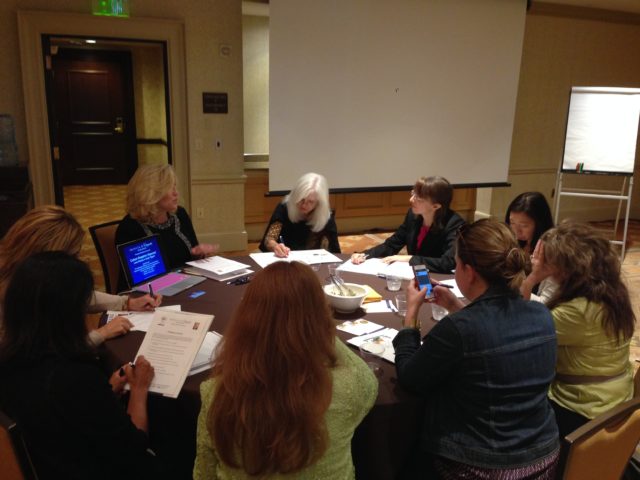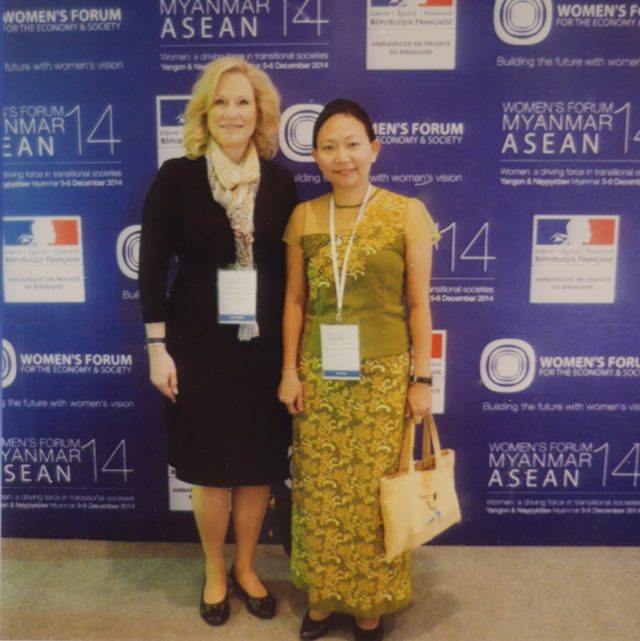 In 2018 I was selected to be a SXSW mentor for International Business. Once the potential mentees signed up for their sessions, I contacted them via the SXSocial App and LinkedIn to inquire about their questions since preparing in advance and bringing value were crucial. More than 50% of the mentees asked “How did you transition from law into the intercultural field?” “How do I become a cross-cultural coach?”
In 2018 I was selected to be a SXSW mentor for International Business. Once the potential mentees signed up for their sessions, I contacted them via the SXSocial App and LinkedIn to inquire about their questions since preparing in advance and bringing value were crucial. More than 50% of the mentees asked “How did you transition from law into the intercultural field?” “How do I become a cross-cultural coach?”
I humbly offer the following eight (8) considerations:
- Self-Assess: One of the first things I learned when I started intercultural career planning was that I needed to document my personal intercultural journey. Who am I? What value do I bring? Think beyond the resume here.
- Skills: It may surprise you to discover that you have knowledge, skills, or abilities that apply in the intercultural field. Consider education, training, internships, volunteer positions, fellowships, and work experiences. Then translate them into a skill. Did you work or accept assignments globally? What languages did you study or do you speak?
- Attend New Interculturalists Program: Consider registering and attending the New Interculturalists program at the Summer Institute of Intercultural Communication. This program provides information about building bridges among cultural differences, softening barriers to living life with cultural others, and probing the mysteries of unknown places and peoples
- Brainstorm about your expertise. We are in a time where we engage in frequent cross-cultural interaction. Meeting international counterparts, learning a second language, working on a virtual team, or traveling abroad are first hand experiences that introduce the concept. Explore the different directions.
- Be smart about your finances. Don’t quit your day job! It will take time for your new cross-cultural career to be financially sustainable. It requires organic growth through connecting with colleagues, building a network, creating a client base, and analysing opportunities. While you are still gainfully employed start building a financial safety net and build your intercultural skills by teaching English as a second language (ESL). Another option is to contract with national relocation companies who may hire you as an intercultural consultant to work weekends. Consider co-training with another coach to absorb the ups and downs.
- Gain intercultural knowledge and credentials. Gain official credentials to be considered as an expert in the field. Many people study engineering, law, medicine, or nursing. Cultural frameworks and concepts are complex so consider workshops, webinars, and independent readings. These resources will build your cross-cultural career:
- Consider joining SIETAR USA, Europa, Spain, Japan or Mexico
- Attend the summer Intercultural Communication Institute (ICI)
- Read Books by Gert Jan Hofstede
- Attend Hofstede Centre trainings
- Attend Fons Trompenaars training
- Consider a Masters in Intercultural Relations from University of the Pacific
- Refine your professional skills. Master a mix of abilities such as writing, coaching, mentoring, public speaking, and training. It’s crucial to successfully communicate your various cross-cultural capabilities.
- Collaborate and build connections. It’s important to collaborate and network with other interculturalists worldwide who will contribute to your professional growth. Attend conferences, panels, seminars and events that explore and examine culture from an international business perspective. Many of my BFFs are now located in far flung parts of the world; I met them on my intercultural journey.
It is challenging to start a new career; however if you are passionate you will succeed. New experiences provide personal and professional growth.
Sharon Schweitzer wrote this post. Sharon Schweitzer, J.D., is a cross-cultural trainer, modern manners expert, and the founder of Access to Culture. In addition to her accreditation in intercultural management from the HOFSTEDE Centre and the Intercultural Communication Institute, she serves as a Chinese Ceremonial Dining Etiquette Specialist in the documentary series Confucius was a Foodie, on Nat Geo People. She is the resident etiquette expert on two popular lifestyle shows: ABC Tampa Bay’s Morning Blend and CBS Austin’s We Are Austin. She is regularly quoted by BBC Capital, Investor’s Business Daily, and Fortune. Her Amazon #1 Best Selling book in International Business, Access to Asia: Your Multicultural Business Guide, now in its third printing, was named to Kirkus Reviews’ Best Books of 2015. She’s a winner of the British Airways International Trade Award at the 2016 Greater Austin Business Awards and the 2017 New York City Big Book Award for Multicultural Nonfiction.


Leave A Comment